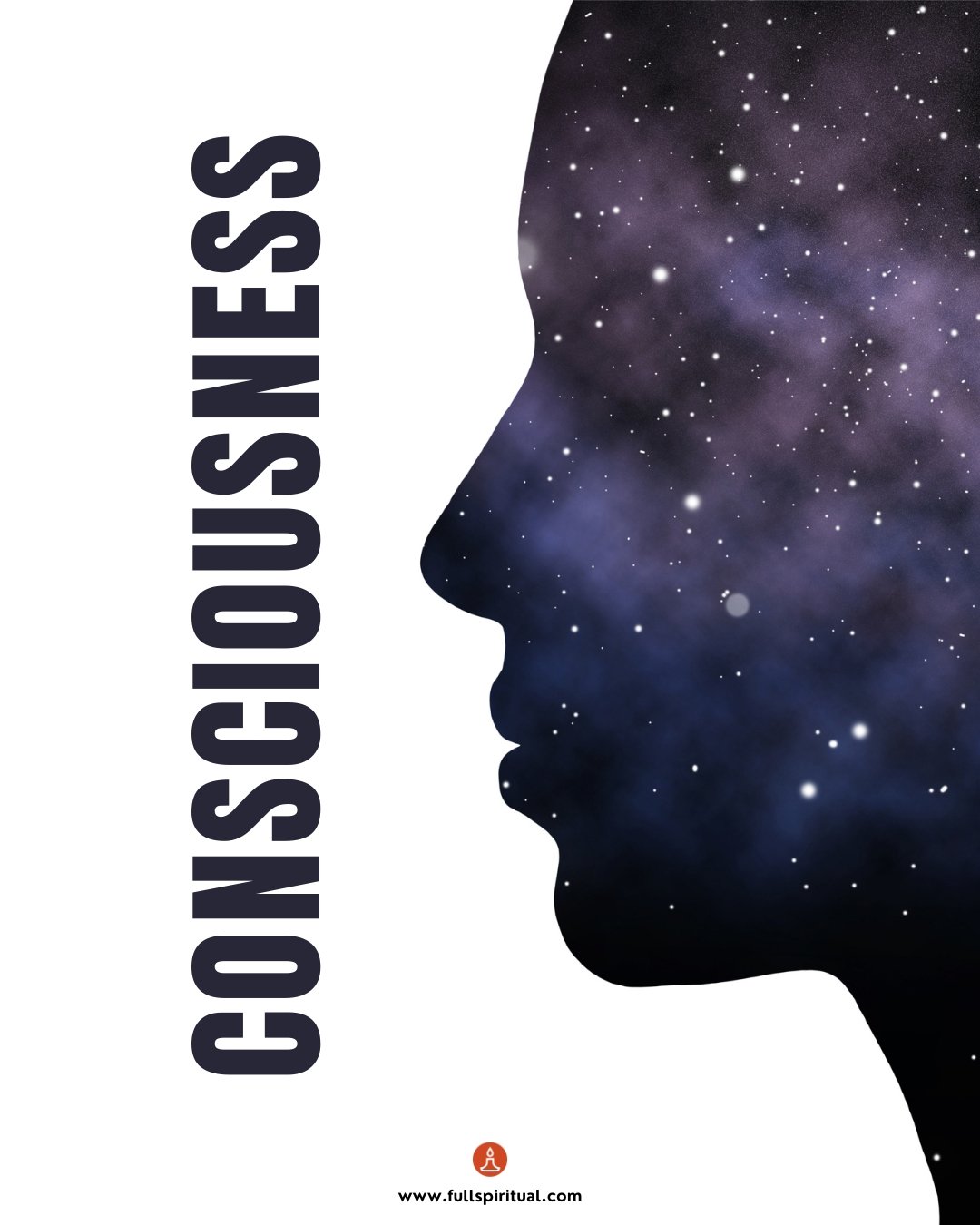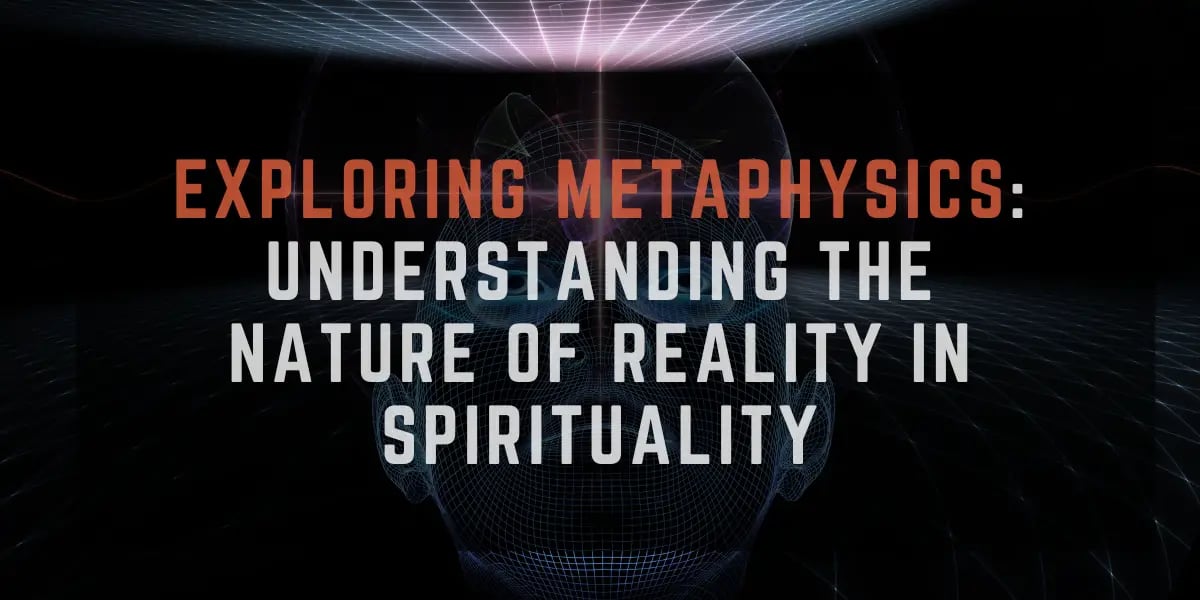Spiritual
Exploring Metaphysics: Understanding the Nature of Reality in Spirituality
In a world increasingly dominated by materialism and empirical evidence, the ancient discipline of metaphysics offers a refreshing lens through which to examine the essence of reality. Metaphysics, often defined as the philosophical study of existence, reality, and the fundamental nature of being, invites us to explore questions that transcend the physical realm. For spiritual seekers and practitioners of meditation, engaging with metaphysical concepts can unveil deeper layers of understanding about their existence and connection to the universe.
What if the reality we perceive is but a thin veil over a more profound truth? Traditional discussions often focus on the tangible aspects of life, overlooking the metaphysical implications that can profoundly influence our spiritual journeys. By delving into the nature of consciousness, the interconnectedness of all beings, and the subtle energies that shape our reality, we can uncover insights that not only enhance our meditation practices but also transform our understanding of the universe.
This exploration is not just an academic exercise; it is a journey toward enlightenment and self-discovery. By embracing metaphysical principles, we open ourselves to the possibility of a more expansive and interconnected existence, allowing us to align our lives with the deeper truths that govern our spiritual path. As we embark on this journey, let us navigate the often-overlooked realms of metaphysics to illuminate our understanding of the nature of reality.
Table of Contents
The Core Concepts of Metaphysics
Metaphysics serves as a gateway to understanding the foundational aspects of existence. At its core, this philosophical discipline grapples with questions that challenge our perception of reality, inviting us to explore concepts such as being, existence, objects, and their properties. These core concepts form the bedrock of metaphysical inquiry and provide insights that resonate deeply with spiritual seekers.

A. Being and Existence
The distinction between being and existence is a pivotal concept in metaphysics. Being refers to the essence or nature of a thing—what it is at its core—while existence pertains to the state of being present in the world. This differentiation challenges us to consider not only what something is but also how it interacts with the universe. For spiritual practitioners, this inquiry leads to profound questions about self-identity and purpose. When we meditate on the nature of our being, we can uncover layers of self-awareness that transcend our physical forms. This exploration invites us to realize that our existence is intricately linked to the universe, echoing the belief that we are not isolated entities but interconnected parts of a greater whole.
B. The Nature of Objects and Properties
In metaphysics, understanding the nature of objects and their properties is crucial for deciphering reality. Objects can be seen as manifestations of deeper truths, each embodying a unique combination of properties that define its essence. These properties can be physical, such as shape and color, or abstract, like potentiality and actuality. When we contemplate these aspects, we begin to see that our perceptions of the world are not merely surface-level observations but reflections of a more profound reality.
This perspective encourages us to engage with the world mindfully, recognizing that each object carries its own energy and significance. In our spiritual practices, this understanding can foster a sense of reverence for all forms of life and matter, encouraging us to cultivate a compassionate connection to our surroundings.
By engaging with these core concepts, we not only deepen our intellectual understanding of metaphysics but also enhance our spiritual journeys. This exploration can lead to transformative insights that align our lives with the profound truths that govern existence, enriching our experiences of meditation and self-discovery.
Metaphysics and Spirituality
Metaphysics and spirituality are intricately intertwined, offering profound insights that can deepen our spiritual practices and understanding of the universe. As we explore the relationship between these two realms, we uncover ways in which metaphysical concepts enhance our spiritual journeys.

A. The Interconnectedness of All Beings
- The Concept of Unity
At the heart of metaphysical inquiry lies the principle of interconnectedness. This concept posits that all beings and elements in the universe are fundamentally linked, forming an intricate web of existence. For spiritual practitioners, recognizing this unity can foster a sense of belonging and purpose, transcending feelings of isolation. - Implications for Spiritual Growth
Understanding that our actions, thoughts, and intentions affect the collective consciousness encourages us to cultivate compassion and mindfulness in our daily lives. This awareness transforms spiritual practices, as individuals begin to see their journeys as part of a larger tapestry of existence.
B. The Role of Consciousness in Shaping Reality
- Consciousness as a Creative Force
Metaphysics posits that consciousness is not merely a byproduct of physical existence but a creative force that shapes reality itself. This perspective invites spiritual seekers to contemplate the power of their thoughts and beliefs in manifesting their desired realities. - Practical Applications in Spiritual Practices
By harnessing the understanding that consciousness influences reality, individuals can incorporate intention-setting and visualization techniques into their meditation practices. This approach empowers them to take an active role in their spiritual development, fostering a sense of agency and purpose. - Expanding Awareness Through Meditation
Engaging with the concept of consciousness in meditation can lead to profound experiences of expanded awareness. As practitioners meditate on the nature of their thoughts and beliefs, they can gain insights into the underlying patterns that shape their realities. This process not only enhances self-awareness but also facilitates personal transformation.
C. Bridging the Gap Between Metaphysics and Daily Life
- Integrating Metaphysical Principles
As individuals begin to grasp the interconnectedness of all beings and the role of consciousness in shaping reality, they can start to integrate these metaphysical principles into their daily lives. This integration can manifest as more compassionate interactions, mindful decision-making, and a heightened sense of gratitude. - Cultivating a Spiritual Community
The understanding of interconnectedness can also encourage individuals to seek out like-minded communities, fostering connections that enhance their spiritual journeys. Sharing experiences and insights within such communities can create a supportive environment for growth and exploration.
The Nature of Reality: Philosophical Perspectives
Understanding the nature of reality is a central concern of metaphysics, with various philosophical perspectives offering rich insights that can deepen our spiritual practice. By examining these perspectives, we can expand our comprehension of reality and its implications for our spiritual journeys.
A. Idealism vs. Realism
- Idealism
Idealism posits that reality is fundamentally mental or spiritual in nature. This perspective suggests that the physical world is a manifestation of the mind, emphasizing the role of consciousness in shaping our experiences. For spiritual seekers, this means that by transforming our thoughts and beliefs, we can alter our perception of reality itself. - Realism
In contrast, realism asserts that an objective reality exists independent of our perceptions. This philosophy emphasizes the tangible, physical world and our ability to understand it through observation and reason. For practitioners of spirituality, embracing realism can enhance their awareness of the material aspects of life, reminding them that the spiritual and physical realms are interconnected. - The Middle Ground
Many contemporary thinkers advocate for a synthesis of these two perspectives, acknowledging that while our perceptions influence our experience, an objective reality also exists. This nuanced view encourages spiritual practitioners to engage with both their inner consciousness and the external world, fostering a holistic approach to their spiritual practices.
B. The Influence of Quantum Physics
- Quantum Mechanics and Reality
Quantum physics has revolutionized our understanding of reality, suggesting that the fundamental building blocks of the universe behave in ways that defy classical physics. Concepts like superposition and entanglement challenge traditional notions of separateness and individuality, aligning closely with metaphysical ideas of interconnectedness. - Implications for Spirituality
The insights from quantum physics resonate deeply with spiritual teachings that emphasize the illusion of separation. For example, the idea that particles can be interconnected regardless of distance mirrors spiritual beliefs in the oneness of all beings. This understanding encourages practitioners to explore the profound implications of their spiritual practices, recognizing that their consciousness is part of a greater cosmic fabric. - Bridging Science and Spirituality
By integrating the principles of quantum physics into their spiritual frameworks, practitioners can cultivate a deeper appreciation for the mysteries of existence. This intersection of science and spirituality invites individuals to explore their beliefs and experiences, encouraging a more expansive view of reality that transcends traditional boundaries.
Practical Applications of Metaphysical Concepts
Exploring the practical applications of metaphysical concepts can enrich our daily lives and deepen our spiritual practices. By integrating these insights into our routines, we can cultivate a more profound connection to ourselves and the universe.
A. Meditation and Mindfulness
- Enhanced Meditation Techniques
Metaphysical concepts can significantly enhance meditation practices. For instance, understanding the nature of consciousness allows practitioners to focus on their thoughts and beliefs as they meditate. By observing how these mental patterns shape their perception of reality, individuals can achieve deeper states of awareness and insight. - Mindfulness as a Metaphysical Practice
Mindfulness encourages a heightened awareness of the present moment, allowing practitioners to connect with their surroundings and inner selves. By applying metaphysical principles, such as the interconnectedness of all beings, individuals can cultivate a greater appreciation for the world around them, fostering a sense of gratitude and presence. - Creating Sacred Spaces
Incorporating metaphysical concepts into meditation spaces can amplify spiritual experiences. This includes arranging spaces with meaningful symbols, crystals, or natural elements that resonate with personal beliefs. Creating a sacred environment can enhance focus and facilitate a deeper connection to the metaphysical realms during meditation.
B. Manifestation and Intention Setting
- Harnessing the Power of Intention
Understanding that consciousness shapes reality empowers individuals to engage in intention-setting practices. By clearly articulating their desires and visualizing their goals, practitioners can align their thoughts and energy with the outcomes they wish to manifest. This process transforms spiritual practices into powerful tools for creating desired realities. - Journaling and Reflection
Keeping a manifestation journal allows individuals to track their intentions, thoughts, and experiences. Reflecting on progress and insights can deepen self-awareness and help practitioners identify patterns that may be blocking their manifestations. This process encourages accountability and fosters a proactive approach to spiritual growth. - Community and Collective Intention
Engaging in group manifestation practices amplifies the power of intention. When individuals come together to focus their energies toward a shared goal, they create a collective consciousness that can enhance the manifestation process. This practice reinforces the metaphysical concept of interconnectedness, illustrating how collaboration can lead to profound spiritual outcomes.
C. Daily Integration of Metaphysical Insights
- Mindful Living
Integrating metaphysical concepts into daily life fosters mindful living. Practitioners can consciously apply principles such as gratitude, compassion, and interconnectedness in their interactions and decision-making processes. This intentional approach enriches their spiritual journey and creates a positive impact on their surroundings. - Transforming Challenges into Opportunities
Understanding that challenges can serve as catalysts for growth allows individuals to embrace difficulties as opportunities for spiritual development. By applying metaphysical perspectives, practitioners can shift their mindsets, transforming obstacles into valuable lessons that contribute to their evolution.
Conclusion: Embracing the Metaphysical Journey
Embracing the metaphysical journey invites individuals to explore the profound depths of existence and consciousness. As we delve into the intricate web of interconnectedness and the creative power of our thoughts, we unlock the potential to transform our realities. This journey is not merely an intellectual pursuit; it is a deeply personal and spiritual exploration that requires openness, curiosity, and a willingness to grow.
By integrating metaphysical insights into our daily lives, we can foster a greater sense of purpose and connection. Whether through meditation, intention setting, or mindful living, the principles of metaphysics serve as guiding lights, illuminating our paths toward spiritual evolution. As we navigate this journey, let us remain committed to continuous discovery, embracing each experience as a step toward deeper understanding and fulfillment. Ultimately, the metaphysical journey enriches not only our individual lives but also the collective consciousness of humanity.

